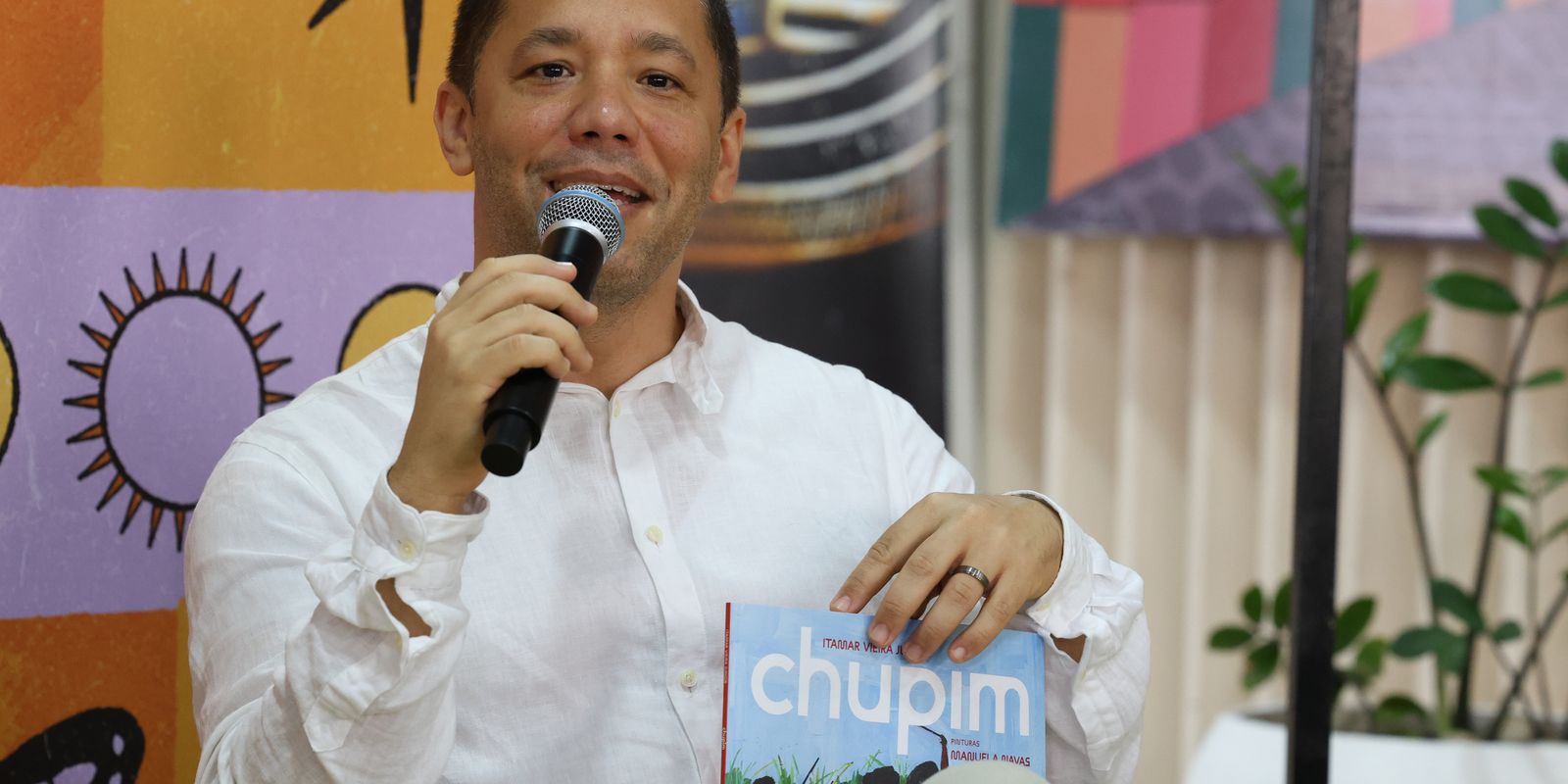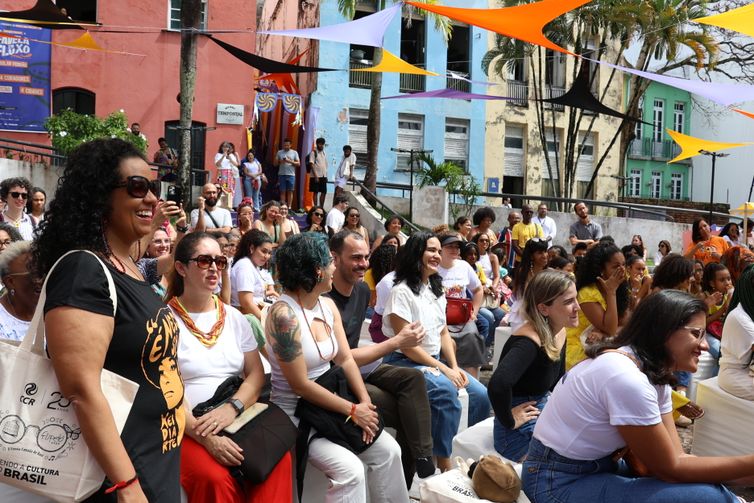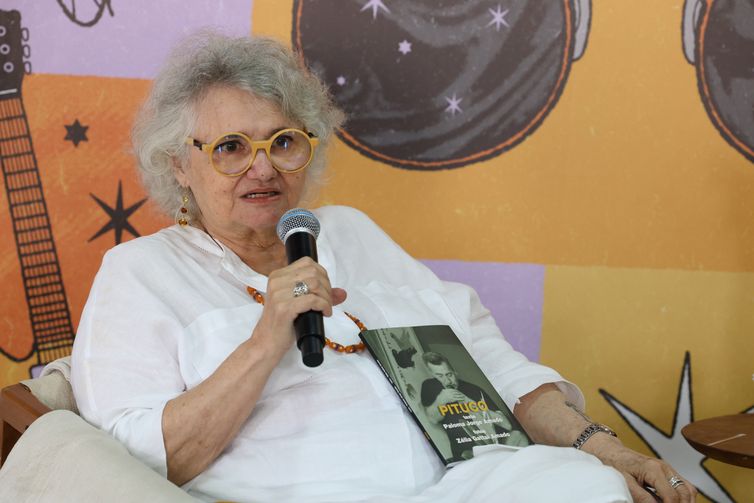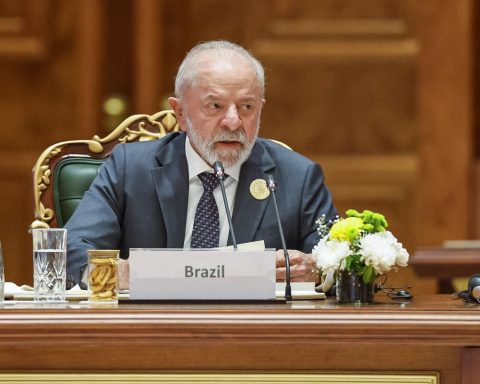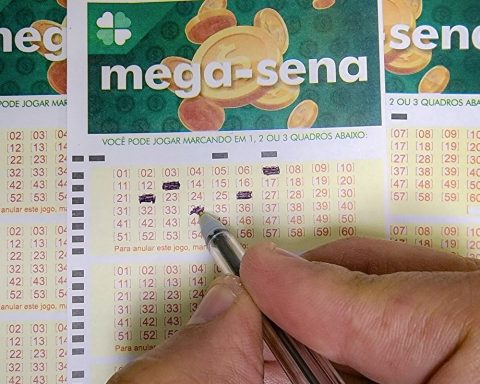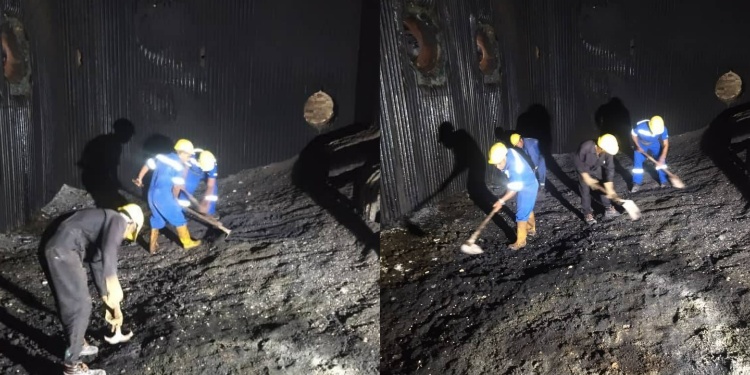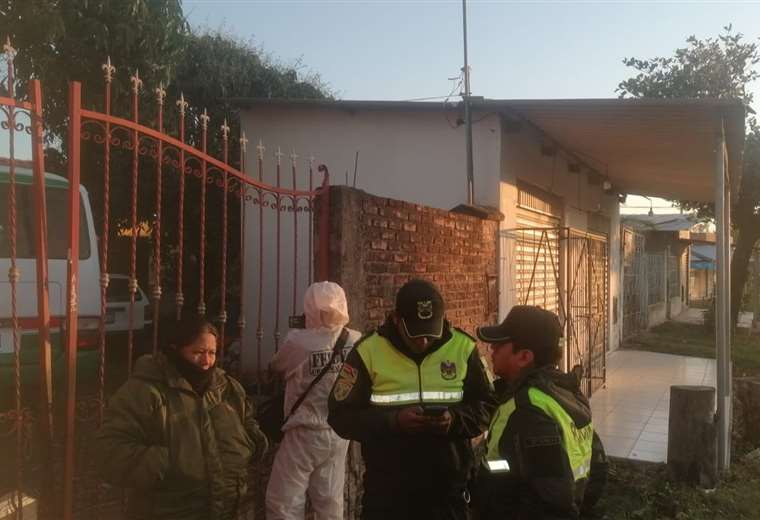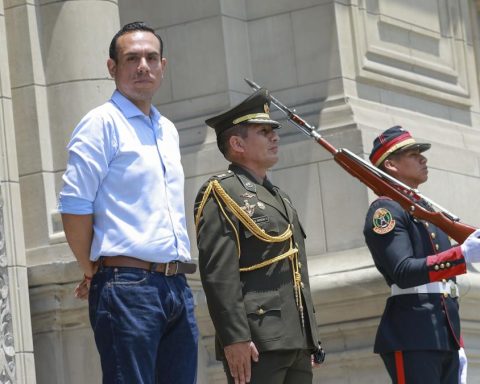In Suckerhis debut in children’s literature, the writer Itamar Vieira Junior returns to the universe portrayed in Crooked Plow to invite the reader to learn about the reality of the field.

Julim is the child who is awakened by his father to go and see the rice fields. Chupim is a little bird, a pest that Julim needs to scare away from that place.
“This story has already been told in Crooked Plow from the perspective of an older woman, who is Bibiana, who is remembering her childhood memories. And the desire to revisit this story, from a child’s perspective, escaped me. And that’s how Julim, the character in this book, emerged, showing his similarity to Chupim. Julim is a child who wakes up for his first day of work or play on the farm where his parents work. And he goes to scare away the plague. And so he will meet Chupim”, said the writer.
Sucker was launched at the Pelourinho International Literary Festival (Flipelô), in Salvador. It is a story that portrays work in the fields and social inequalities. “The book reflects the universe of the Brazilian countryside,” says the writer.
“It is important to bring themes like this into literature. Of course, in a playful, sensitive, subtle way that can reach children in a gentle way. But even so, they will not be left out of this world,” said the writer.
Through this story, Itamar leads young readers to notice the similarities between field workers and pests, such as Chupim, as well as how both are fighting for their survival.
“Parents take their children to work because this is part of the rural workers’ universe. Today, children study, but many certainly spend some time on the farm with their fathers. When they are working for a farmer, this is often child labor, that is, there is labor exploitation. Hence the idea of this contrast between the lives of children and the lives of workers and the lives of the chupins. The chupins find the rice fields ready and go there to harvest the grains to be fed. The men in the fields stay working and, since they have no land, they move from one place to another, just like the chupins. They all need to survive,” he argues.
In a chat with journalists and fellow writer Paloma Jorge Amado, daughter of Jorge Amado, before presenting his new book to the Flipelô audience, Itamar Vieira Junior described the novel.
“Chupim is about the importance of bringing social themes into stories, including children’s stories. We are people, human beings, citizens, and our lives are not separate from everything that is happening around us. Children want to know why things are the way they are.”
For the writer, even children with a different reality from Julim will be able to identify with this story. “You can read a book with characters that are radically different from you, from the world you live in. And you will discover that, even though we are different, we still have many similarities.”
“For a city child, reading Sucker perhaps it puts her in the place of this child from the countryside, recognizing a different universe and understanding that rice does not grow in the supermarket. Today there are more children living in cities than in the countryside. But, even so, the book will reveal a universe that exists and that, even though it is different, will show this child that we have many similarities”.
The graffiti artist’s sucker
If the chupim is the plague of Torto Arado and the rice fields, for the visual artist and graffiti artist Marcos Costa the chupim is art.
While Itamar presented his new book to the public, Marcos Costa, also known as Spray Cabuloso, was painting his chupim outdoors, in the same Espaço Instituto CCR Mabel Velloso, in Flipelô.
“I did this painting inspired by the book. He’s a black bird, but he’s also going to be an extraterrestrial. He’s going to leave Earth and be in the universe, in intergalactic tones. This was to tie in with the theme of this year’s Flipelô, Raul Seixas. This is Chupim, but he’s also in Raulzito’s universe,” the graffiti artist told Brazil Agency.
This bird graffitied by Costa also has roots in black culture. “I brought a reference that is part of the concept of my work, which is Afrograffiti. I made a bird with its head turned backwards, making reference to the Adinkra ideogram called Sankofa. The head turned backwards means that we need to know where we come from and know our ancestors to know who we are and where we are going,” explained the artist.
For Costa, graffiti is also a way of telling stories. “We create poetry through images. Graffiti catches people either in the middle of the road, or sometimes even against the flow of things. It is a democratic art. It unites and weaves together all layers of society, uniting people from different backgrounds. Graffiti is truly a democratic art, an art of the people for the people.”
Pituco
A little bird is also the theme of the book Pitucoby Paloma Jorge Amado, which was re-released together with Sucker. “My father would say that this coincidence [sobre passarinhos] These are coincidences in Bahia”, joked Paloma, next to Itamar Vieira Junior.
Pitucohowever, is not a children’s book. But a tribute to the centenary of his mother, Zélia Gattai Amado.
In this book, Paloma tells the story of a little bird that lived with the family and was photographed by her mother for 22 years. “Itamar’s bird is the chupim. This bird, which is real, was called Pituco. He existed and was with us for 22 years. When it was my mother’s centenary in 2016, I decided to pay tribute to her by illustrating her photos with text. Before being a writer, my mother was an extraordinary photographer,” said Paloma.
Flipelô is free and ends this Sunday (11). More information about the event and schedule are on the event website.
*Reporter and photographer Rovena Rosa traveled at the invitation of the CCR Institute, sponsor of Flipelô
